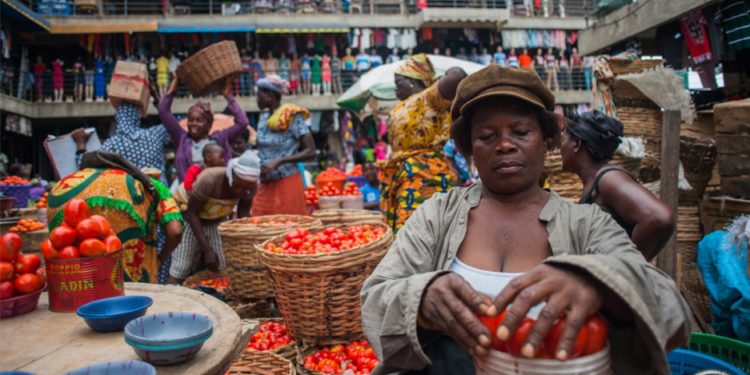Ghana’s annual inflation rate accelerated for the 17th straight month to 40.4% in October of 2022, up from 37.2% in September.
It was the highest reading since July of 2001 and well above the top of the central bank’s target band of 6% to 10%, amid a strong depreciation of the cedi during the month.
Inflation for imported items (43.7%) was higher than for locally produced ones (39.1%).
Prices accelerated for both food (43.7% vs 37.8% in September) and non-food items (37.8% vs 36.8%). On a monthly basis, consumer prices rose by 2.7%, faster than a 2% increase in the previous month.
The cedi has slumped 57% since January, while international commodity prices have surged, driving up the cost of imported goods.
The recent slide in the domestic currency has been driven by uncertainty over Finance Minister Ken Ofori-Atta’s future, after the opposition filed a motion in parliament to dismiss him because of the deepening economic crisis.
The Ghanaian government has been in talks with the International Monetary Fund for a $3 billion loan bailout aimed to address Ghana’s macroeconomic and structural woes.
The Bank of Ghana’s monetary policy committee will decide whether to lift its key interest rate for a fifth time this year on Nov. 28. It has raised rates by 10 percentage points since March.
See Also:





